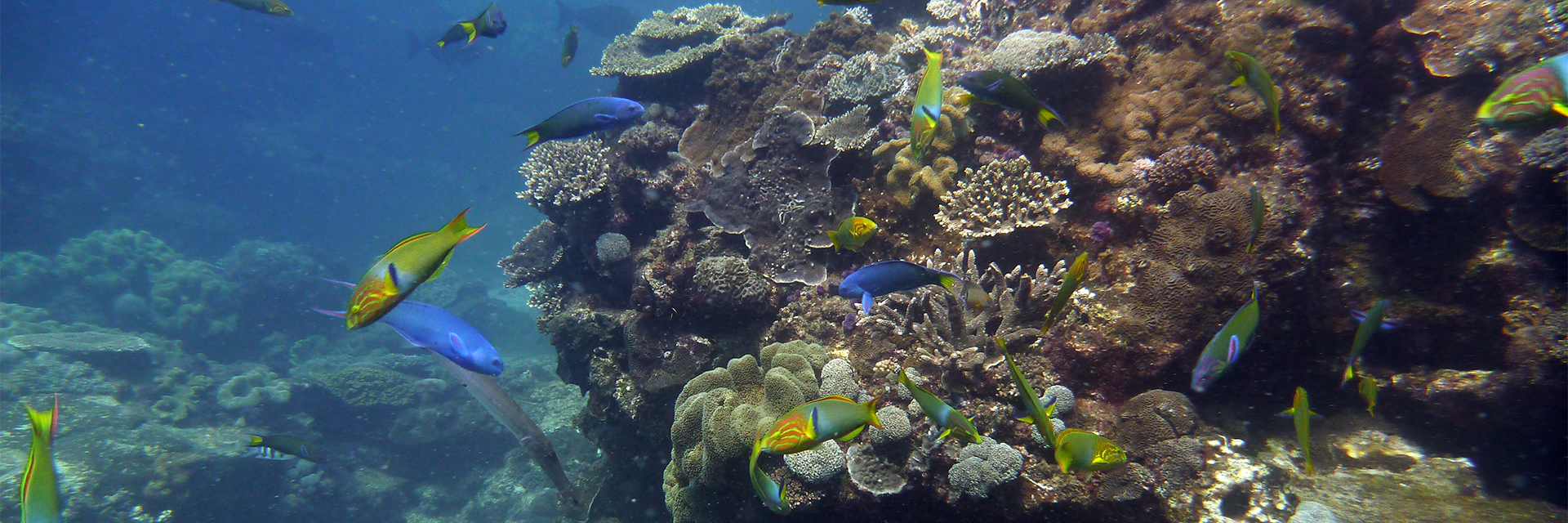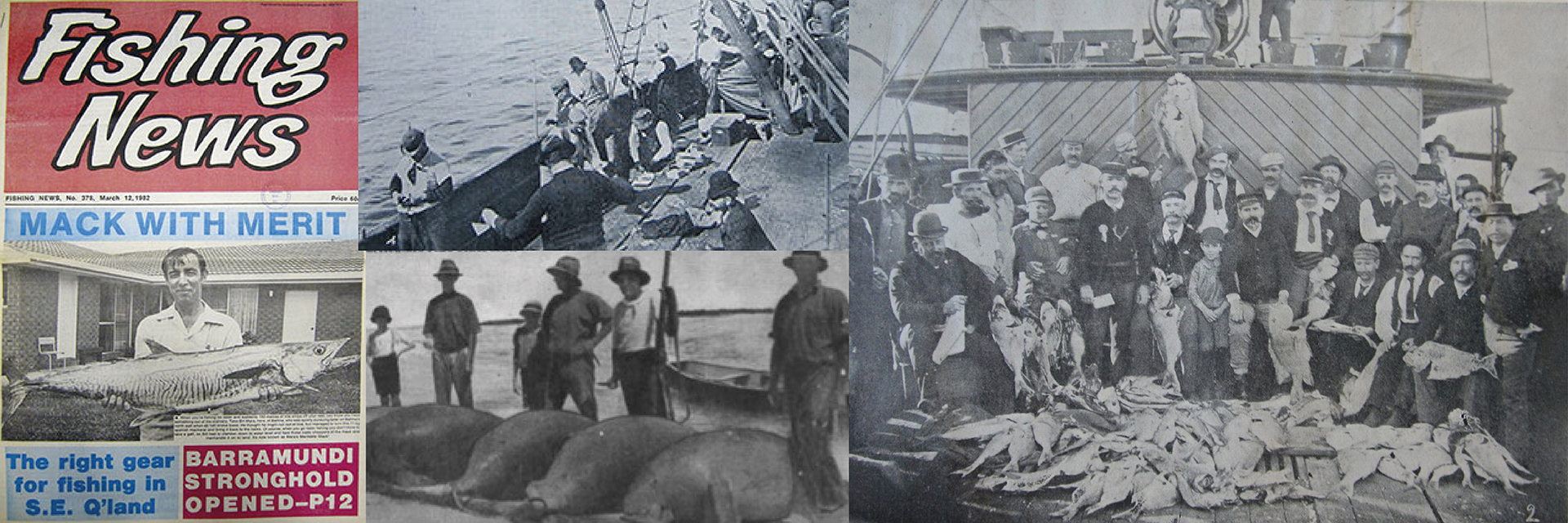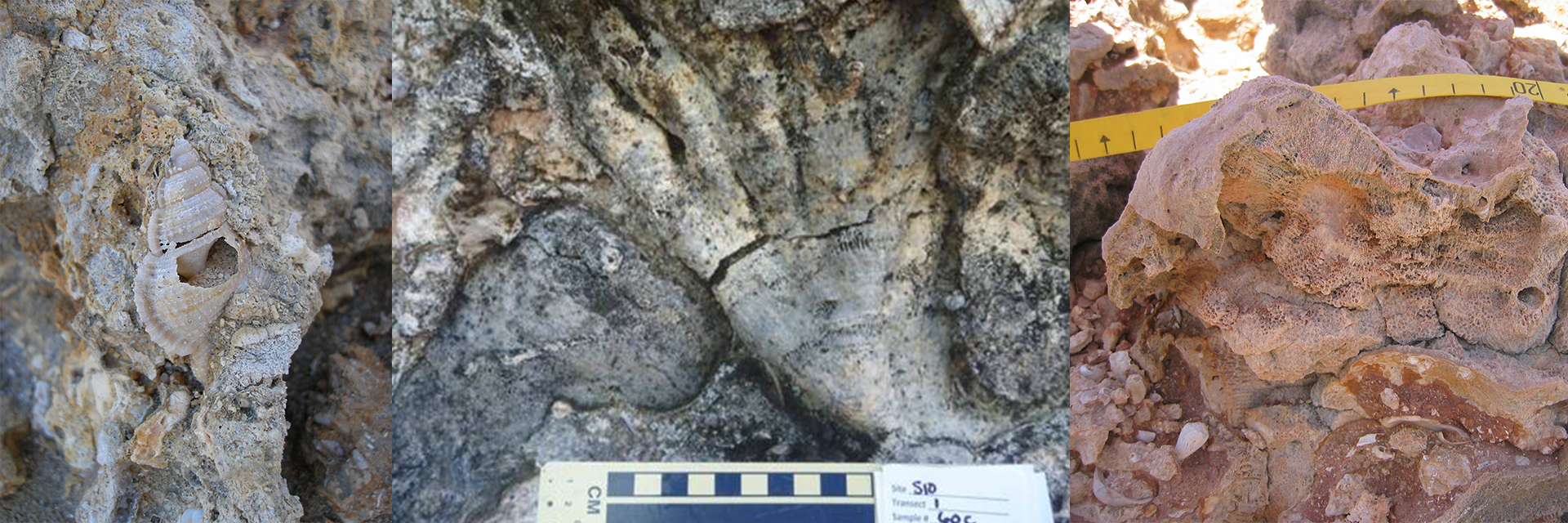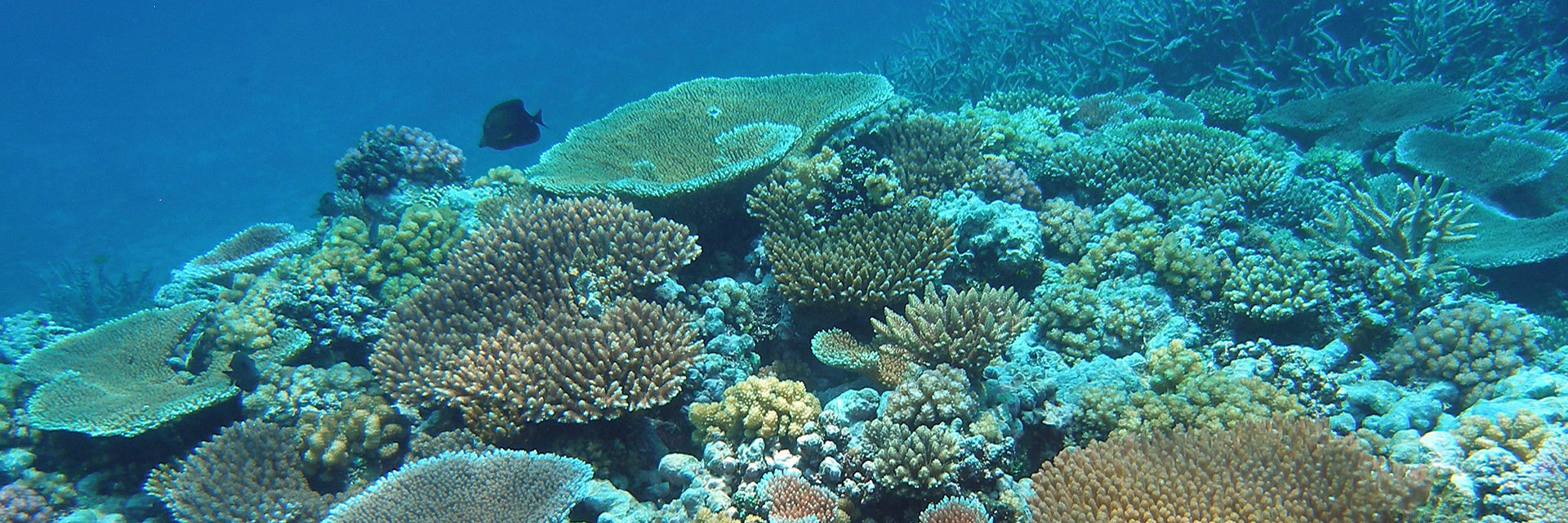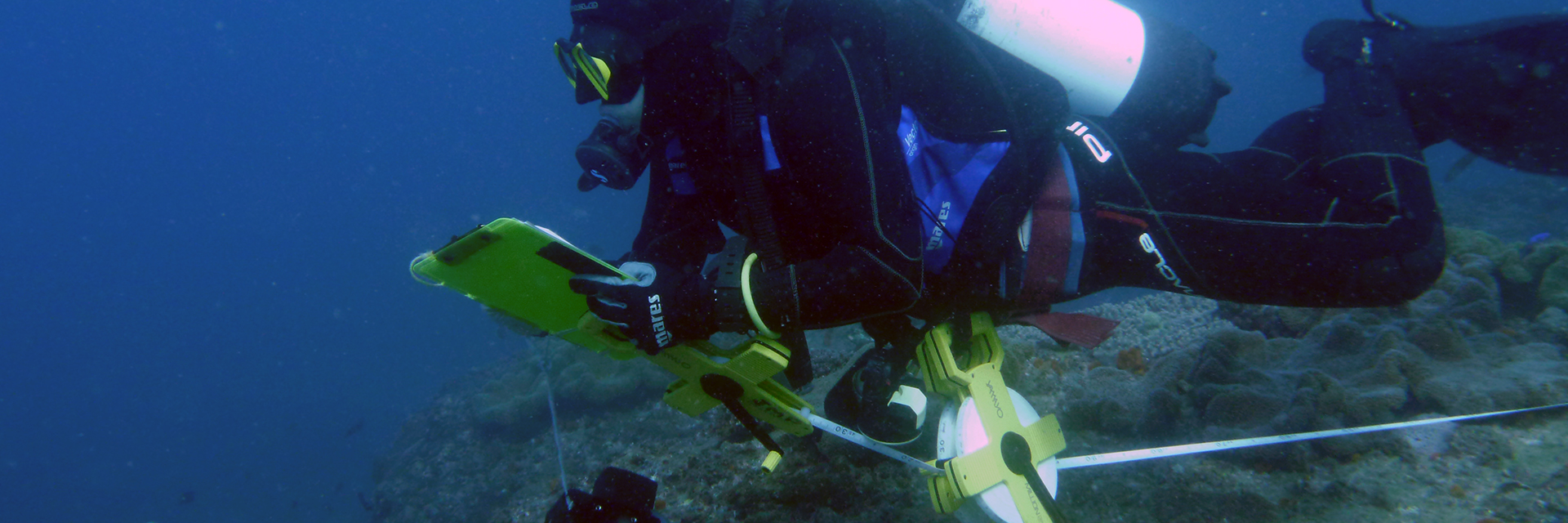Profound changes are taking place in marine life around the planet in response to global warming, an international team of scientists has found.
Marine species – including fish, shellfish, crustaceans, plankton, mangroves and seagrasses – are now shifting the areas they inhabit at an average rate of 72 kilometres per decade as a result of one degree of planetary warming.
Some species have moved up to 470 kms in a decade , says a report in the journal Nature Climate Change by scientists from Australia, Germany, South Africa, the UK, the US, Denmark, Spain and Canada. This contrasts with an average 6 km movement by life on land. Most of the movement is towards the poles as sea life searches for cooler waters.
Sea creatures are now going into their seasonal breeding cycles an average of 4.4 days earlier – almost twice as early as land animals – in response to warmer waters, they found.
The team analysed 208 reports on marine life and fisheries, covering 857 different marine species or groups from around the world for changes in their normal distribution, abundance, breeding cycles, community composition, shell formation and age structure. It is the biggest marine study of its kind so far and fills an important blank in understanding of global change.
“The results were quite a shock,” says co-author Professor John Pandolfi of the ARC Centre of Excellence for Coral Reef Studies and University of Queensland. “We found that changes in sea life attributable to a one degree increase in the Earth’s overall temperature appear much greater than those seen in life on land so far.”
The oceans are estimated to have absorbed 80 per cent of the extra heat put into the Earth system by human use of fossil fuels, but have nevertheless warmed more slowly than the land owing to their huge mass, he says.
“This makes the very large changes in the behaviour of sea life all the more surprising. We put it down mainly to the fact that marine organisms often produce substantial numbers of floating larvae that are easily dispersed by ocean currents.”
The study took in research from all the world’s oceans, with a particular focus on what is happening on the east and south coasts of Australia, both US coastlines, the European Atlantic and Mediterranean.
It included marine mammals, fish, seabirds, turtles, squid, plankton, molluscs, deep sea invertebrates and crustaceans, mangroves, seagrasses and deepwater algae and covered the polar, temperate, subtropical and tropical oceans.
It found phytoplankton – which provide the basic food for all life in the seas – are now blooming an average of six days earlier in the season, compared with land plants. Baby fish appear to be hatching around 11 days earlier in the season.
The researchers caution that these big shifts in the timing of major events could produce disruption to ocean food webs. This has implications for all sea life, as well as for humans who depend on the sea for food, says Prof. Pandolfi.
“When you see changes as large as these, life generally has three options – migration, adaptation or extinction. In the case of migration and extinction, these can directly affect industries like fishing and tourism which depend on local sea life.
“On the other hand, as sea life moves around the planet and adapts to the changes, new opportunities may also open up – so it isn’t all bad news,” he says. “Your favourite fishing spot might not be there any more – but another may appear somewhere else.
“The study tells us that the situation with life in the oceans is now very dynamic and fast-changing, and marine managers, fishers and others who depend on the seas for a living need to take account of that.
“For example, we need to minimise the sorts of stresses we put on sea life to give it the best chance of re-establishing in new places and environments.”
As the first worldwide investigation of the impacts of climate change on life in the oceans, the study complements 28,586 similar observations carried out on land and will be an important input to the Intergovernmental Panel on Climate Change (IPCC) as it prepares its next report on global warming.
“The results of this work are so clear-cut that it is no longer tenable to suggest that global warming isn’t happening, or that we humans don’t have a hand in it,” Prof, Pandolfi adds. “The changes are on a par with those we see in the fossil record when the Earth previously underwent large episodes of warming.”
Their paper “Global imprint of climate change on marine life” by Elvira S. Poloczanska, Christopher J. Brown, William J. Sydeman, Wolfgang Kiessling, David S. Schoeman, Pippa J. Moore, Keith Brander, John F. Bruno, Lauren B. Buckley, Michael T. Burrows, Carlos M. Duarte, Benjamin S. Halpern, Johnna Holding, Carrie V. Kappel, Mary I. O’Connor, John M. Pandolfi, Camille Parmesan, Franklin Schwing, Sarah Ann Thompson and Anthony J. Richardson appears today in the journal Nature Climate Change.
More information:
Professor John Pandolfi, CoECRS and UQ, ph +61 (0)7 3365 3050 or
Jenny Lappin, CoECRS, +61 (0)7 4781 4222
Lesley Whitteker, UQ media, +61 7 3365 2339 or 0417 496 397 l.whitteker@uq.edu.au
